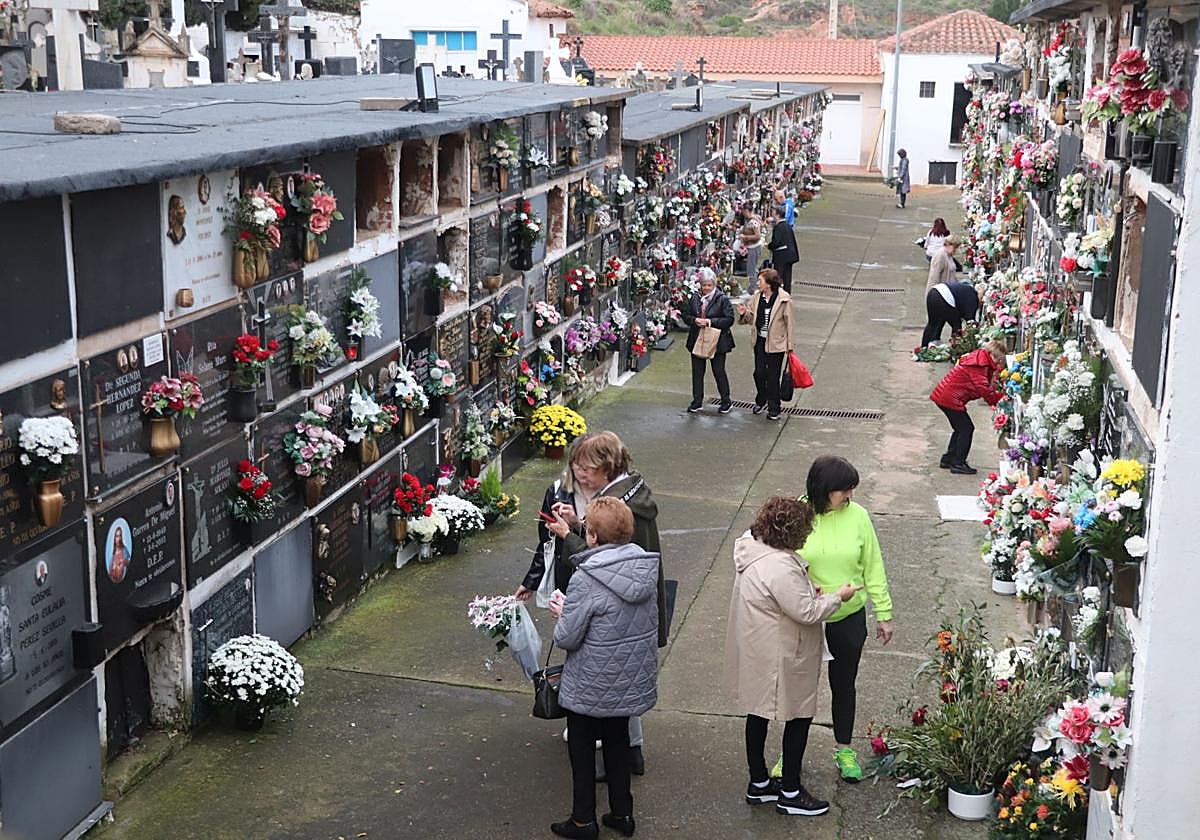Equality this All Saints' Day in Spain
If you go to the cemetery today, you'll only see women scrubbing headstones, polishing epitaphs and arranging flowers, writes columnist J. R. Alonso de la Torre
J. R. Alonso de la Torre
Malaga
Friday, 1 November 2024, 14:33
Spain is one of the European countries with the most crematoriums. They cremate over half of their deceased. This brings some relief to the women ... who would otherwise have extra work this holiday.
Yes you heard right, 'relief to the women', because while equality might reach salaries and positions, it won't be complete until there's parity in grave maintenance too.
If you go to the cemetery this All Saints' Day, you'll only see women scrubbing headstones, polishing epitaphs, and arranging flowers.
We men are missing out because cemeteries, during these days, are livelier than the bars.
Give it a try, gentlemen, overcome those superstitions you use as an excuse to avoid cleaning graves and take a stroll through a charming cemetery. You'll want to return (pardon the dark humour).
There's the San José Cemetery in Granada, dating back to 1805, the second oldest in Spain after the 18th-century Poblenou Cemetery in Barcelona. It has a grave where brides place their bouquets before their wedding in the hope of avoiding a pre-wedding accident or incident. They believe that a young woman who died on her wedding day is buried there.
In reality, the deceased was named Dolores, and when she passed, she was neither young nor about to get married.
There are cemeteries where flowers aren't even needed. In Lugo, the columbarium sits in an aromatic herb garden, and the Westerveld Cemetery in the Netherlands already has a garden of a thousand flowers, with its own beehives and cemetery honey.
In Castaño del Robledo (Huelva), they package a very fitting treat: chestnuts in honey. Legend says that for every chestnut we eat this holiday, we save a soul from purgatory. So, let's eat, save souls and then visit the cemetery, because the dead are men's business too.
¿Tienes una suscripción? Inicia sesión
